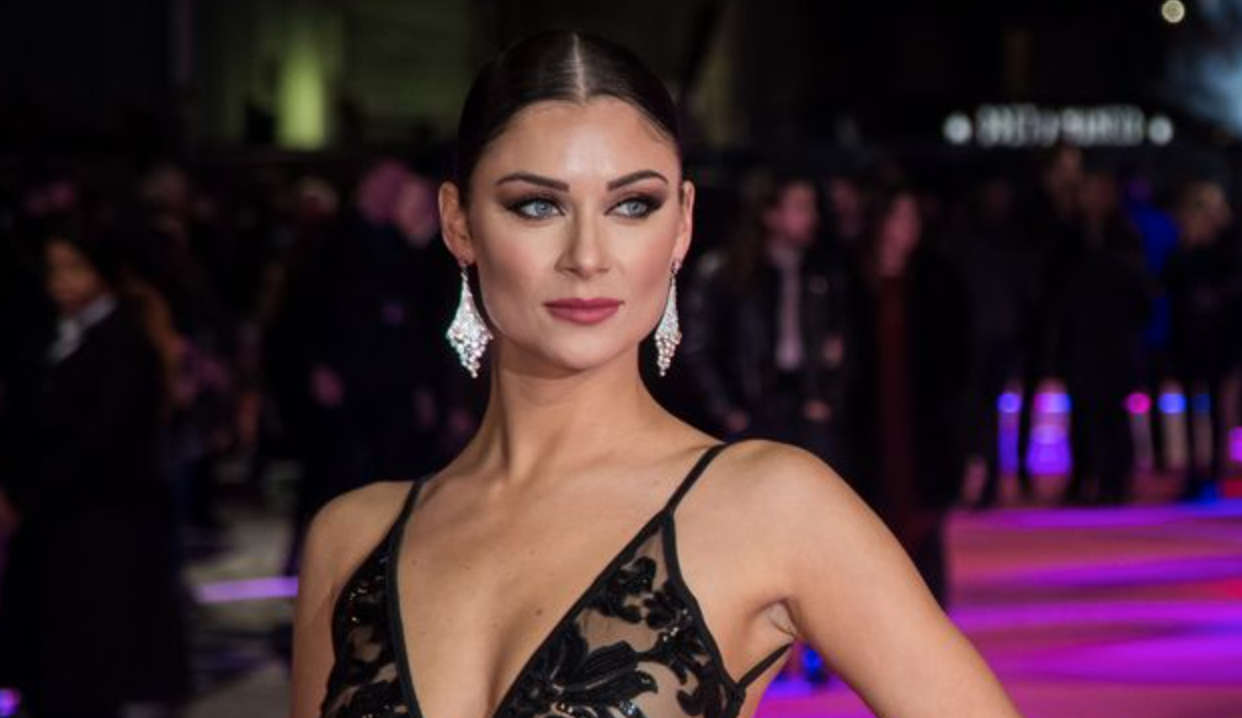
Creating fake sexual images of another person will become a criminal offence, under a new law announced on Tuesday.
Those convicted could face prosecution and fines, and if the image is shared widely, offenders could be sent to jail.
Even if someone creates a sexually explicit fake image, called a 'deepfake', without intending to share it, they will be committing an offence if they want to cause "alarm, humiliation or distress to the victim", according to the Ministry of Justice.
Cally Jane Beech, a campaigner and former Love Island contestant, said: "This new offence is a huge step in further strengthening of the laws around deepfakes to better protect women."
The Love Island star found images of herself online that had been "distorted" and a fake nude body superimposed on top.
"The likeness of this image was so realistic that anyone with fresh eyes would assume this AI generated image was real when it wasn't, nevertheless I still felt extremely violated," she told Glamour magazine.
"Too many women continue to have their privacy, dignity and identity compromised by malicious individuals in this way and it has to stop," she said on Tuesday in response to the new law.
Deepfakes are usually created using 'generative artificial intelligence' tools. These programs use artificial intelligence to create images based on a prompt given by the user.
Most of the tools have built-in rules to stop the creation of explicit images, but in March the government's new AI Safety Institute found that "using basic prompting techniques, users were able to successfully break safeguards immediately".
The scenarios they tested ranged from producing discriminatory images to gaining personal information on individuals.
Taylor Swift became a high-profile victim of deepfake pornography when the internet was flooded with fake sexual images of the singer in January, but the problem is widespread.
A Channel 4 investigation in March found that hundreds of British celebrities had been victims of deepfake pornography, including the report's presenter Cathy Newman.
"I didn't think I'd be too affected by it but actually when I watched it, the only way to describe it is that it was violating," she told Radio 4's Today programme on Tuesday.
"It was kind of me and not me, and yet it was incredibly invasive. It was a disgusting fantasy that someone had had."
In 2019, 96% of online deepfake video content was of nonconsensual pornography, according to a report by cybersecurity company Deeptrace.
"This new offence sends a crystal clear message that making this material is immoral, often misogynistic and a crime," said Laura Farris, the minister for victims and safeguarding.
The government has made it a priority to better protect women, according to the Ministry of Justice.
A new raft of criminal offences are being discussed in Parliament to punish people who take or record intimate images without convent, or install equipment to enable someone to do so.
Earlier this year, 'cyberflashing' became a criminal offence and Nicholas Hawkes became the first person to be convicted in February, after he sent unsolicited photos of his erect penis to a 15-year-old girl and a woman.
Hawkes was sentenced to 66 weeks in jail and will be on the sex offenders register until November 2033 as he'd been convicted of previous sexual offences.

(c) Sky News 2024: Creating fake sexual images of another person to become a criminal offence

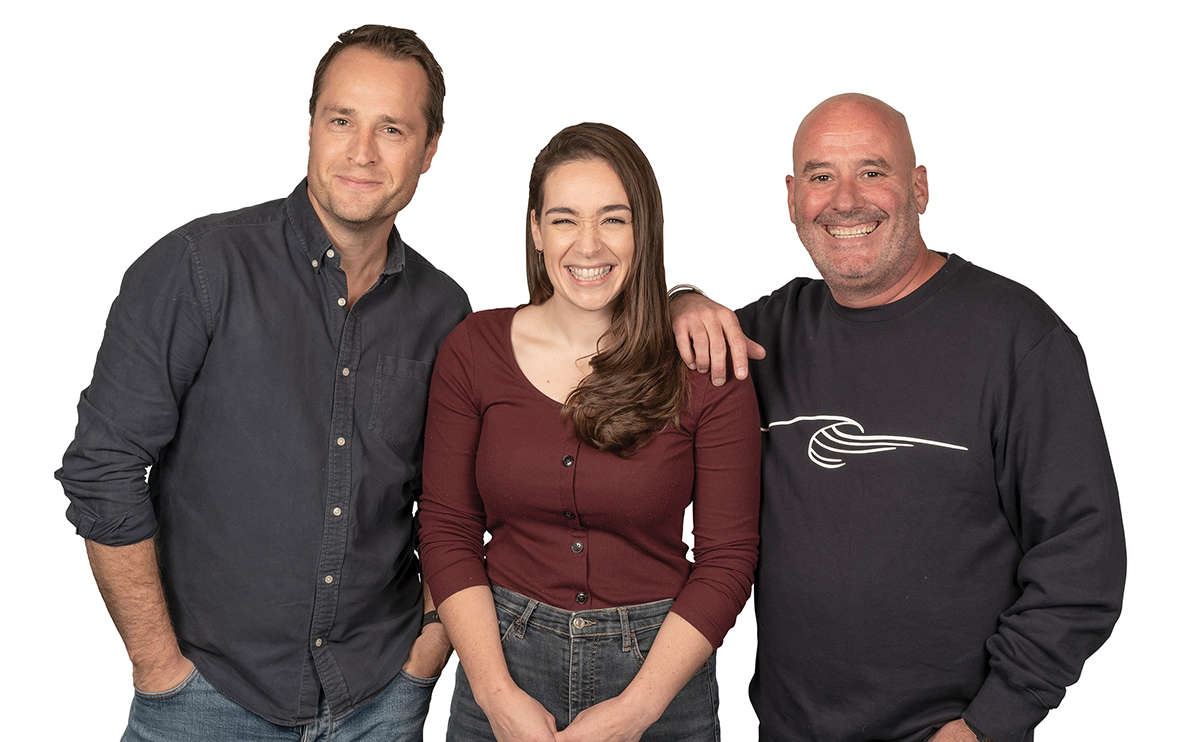
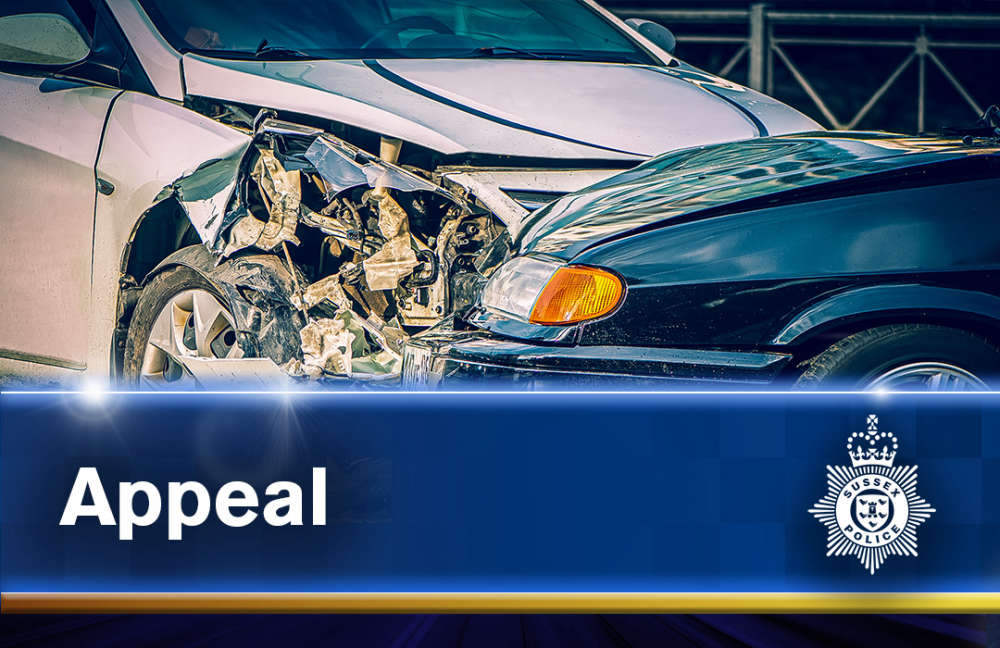 Appeal Following Serious Collision In Portslade
Appeal Following Serious Collision In Portslade
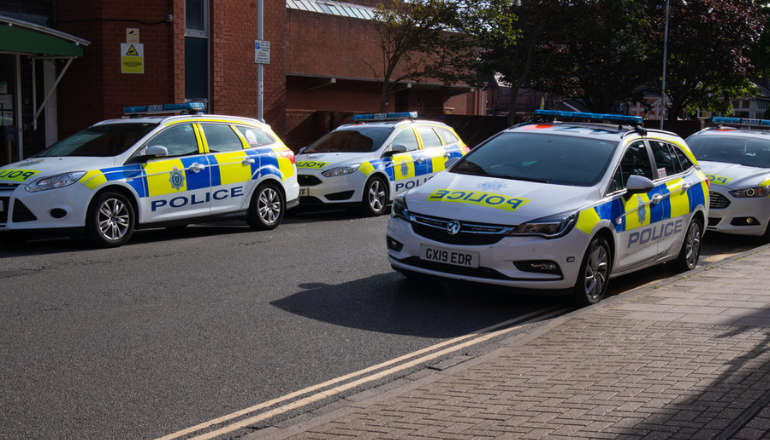 Boy, 15, Charged With Two Counts Of Attempted Murder
Boy, 15, Charged With Two Counts Of Attempted Murder
 Meet The Southern Train Driver Magistrate Delivering Justice In Sussex
Meet The Southern Train Driver Magistrate Delivering Justice In Sussex
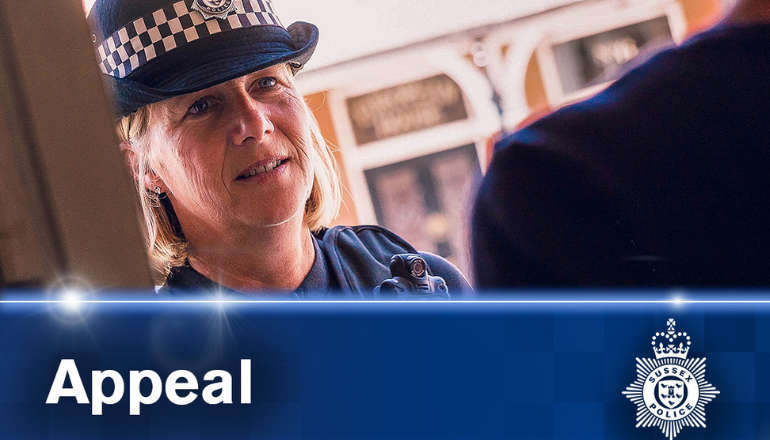 Witnesses Sought Following House Fire In Eastbourne
Witnesses Sought Following House Fire In Eastbourne
 University Of Brighton Recognised As Top Sports Education Provider
University Of Brighton Recognised As Top Sports Education Provider
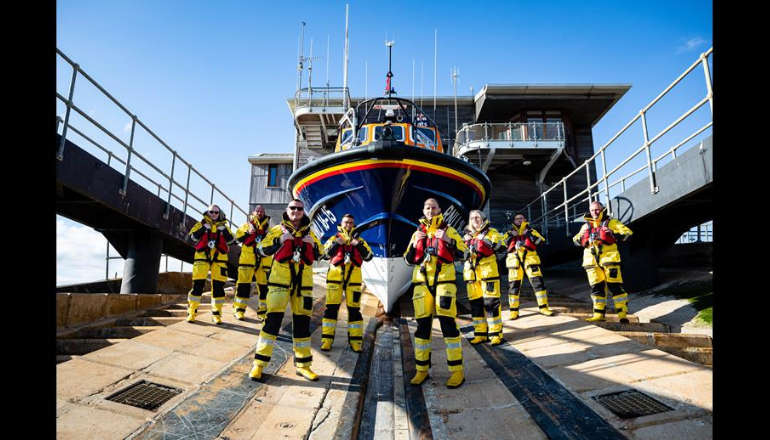 Shoreham Harbour RNLI Opens Recruitment For Boat Crew Volunteers
Shoreham Harbour RNLI Opens Recruitment For Boat Crew Volunteers
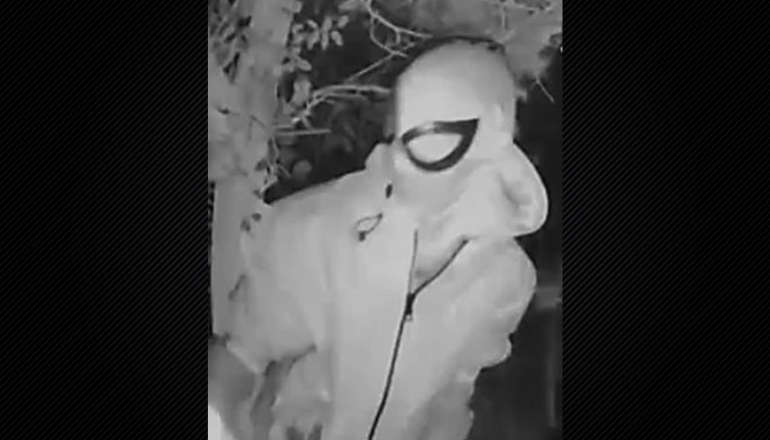 Eastbourne man admits stalking woman in Hailsham
Eastbourne man admits stalking woman in Hailsham
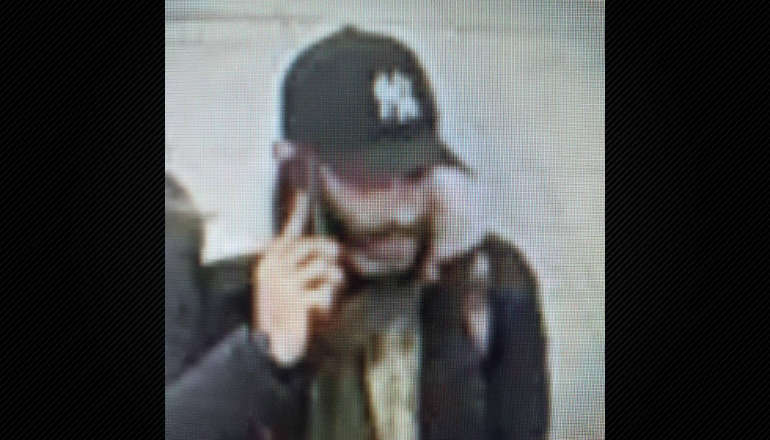 CCTV Appeal After Luggage Stolen From Gatwick
CCTV Appeal After Luggage Stolen From Gatwick
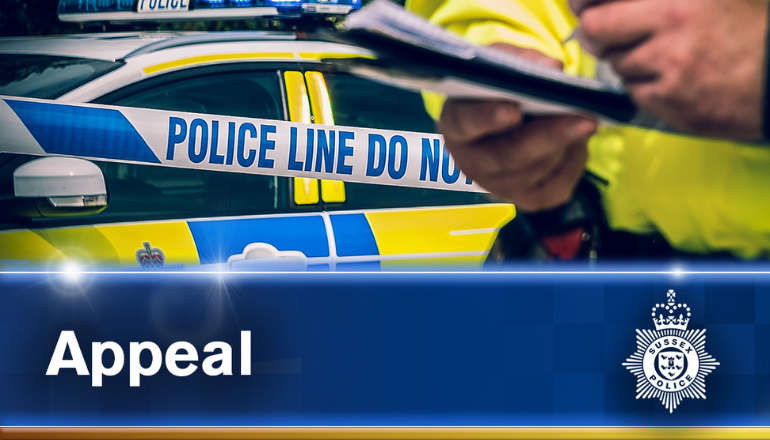 Appeal After Boy Seriously Injured In Firle Collision
Appeal After Boy Seriously Injured In Firle Collision
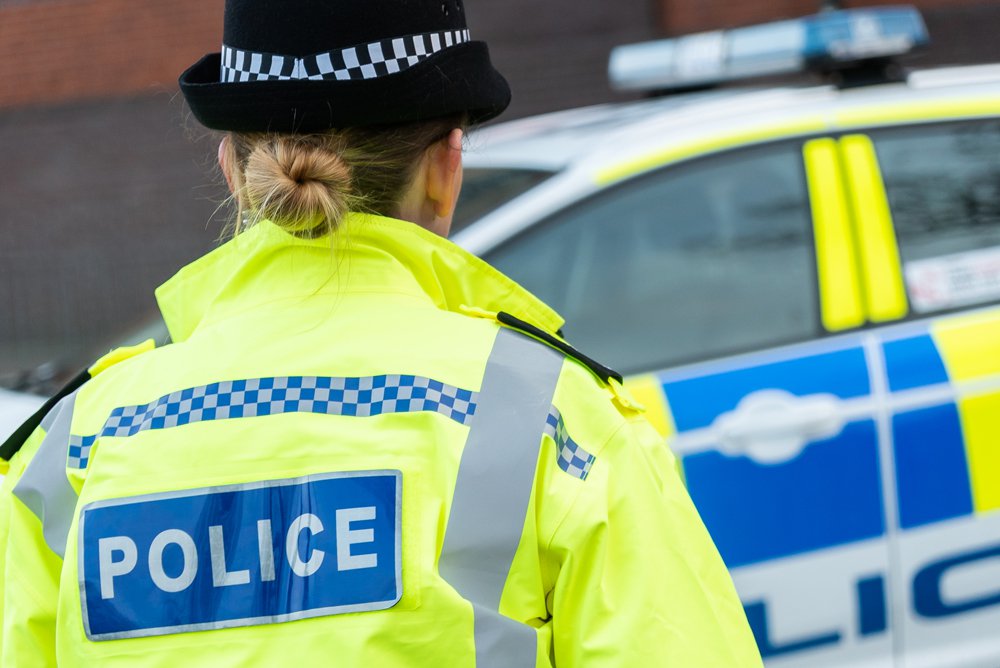 Boy Charged After Knife Incident On Brighton Bus
Boy Charged After Knife Incident On Brighton Bus